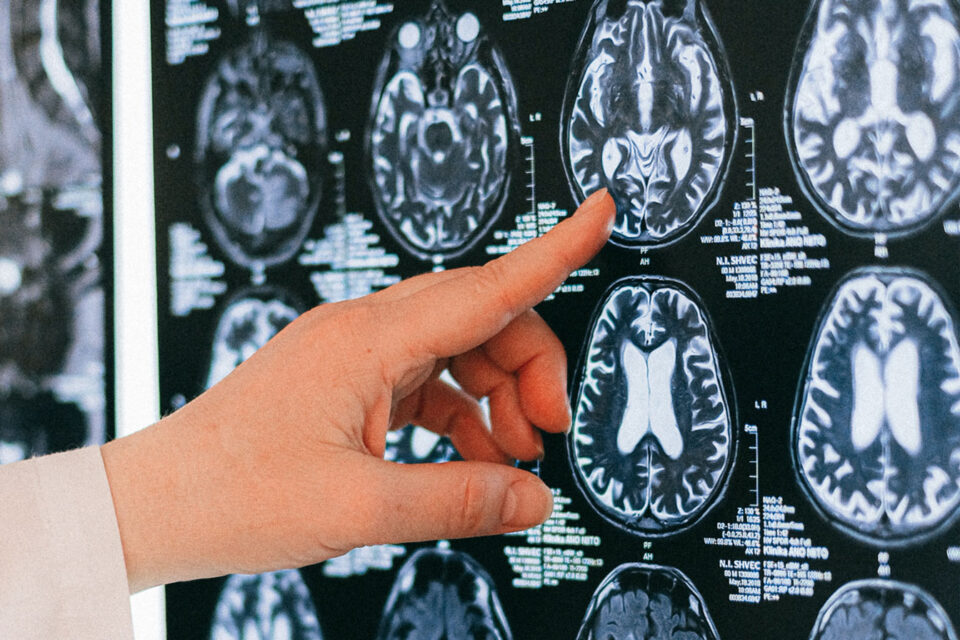

Prolonged anesthesia is an indispensable, life-saving procedure used across the globe in millions of patients. However, family members often report that patients aren’t quite the same when they are discharged from the hospital. While the underlying medical condition may contribute to the cognitive impairment in intensive care unit (ICU) survivors, the direct effects of prolonged anesthesia, which is also known as medically-induced coma or pMIC, on the brain have not been scrutinized to date.
A Columbia research team, including Data Science Institute affiliate Rafael Yuste, hypothesized that neural connectivity may change during pMIC, explaining the reason for the cognitive deficits seen in patients after prolonged anesthesia. Their new study, which was published in the Proceedings of the National Academy of Sciences (PNAS), indicates that the synaptic connections of the cerebral cortex in mice significantly change during prolonged anesthesia. They found that the brain disproportionally formed new connections, and eliminated only very few, which suggests that anesthesia could be viewed as an growth condition, where the brain disproportionally gains contacts between neurons without a specific environmental context.
The researchers found a pronounced loss of synapses after waking up, which indicates a readjustment and pruning of excessive connections. Nearly half of the synapses formed during anesthesia persisted after pMIC discontinuation, which indicates that they indeed became stabilized and functional.